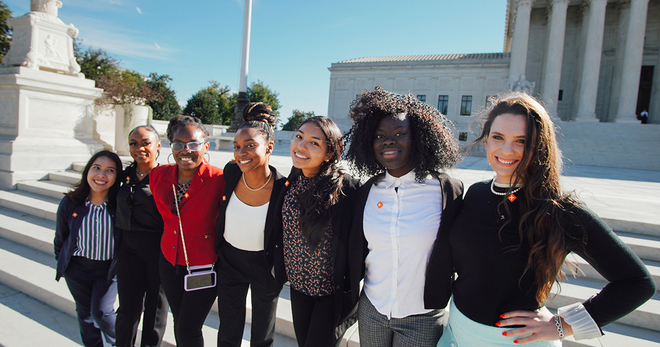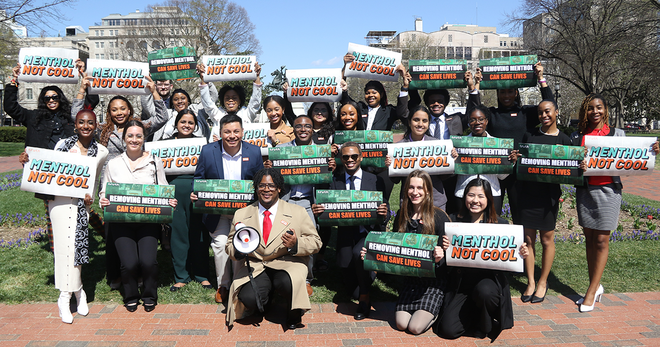What 2017’s first congressional appropriations deal means for tobacco control
How did tobacco fare in the $1 trillion spending bill signed by the president?
The bill, which will fund the federal government through the end of September 2017, provides money for critical Centers for Disease Control and Prevention state programs and ensures that the Tips From Former Smokers™campaign will continue. The bill also excludes policy riders intended to erode the Food and Drug Administration’s authority over cigars, e-cigarettes and other tobacco products, allowing the agency to do its job to protect public health.
Here’s a summary of the main tobacco-related provisions in the spending bill.
The Office of Smoking and Health at the CDC was funded with $205 million:
- This is $5 million less than the 2016 bill, but more than the $100 million cut proposed in a previous House appropriations bill. This funds tobacco use prevention and cessation initiatives at the state level, as well as the national tobacco education campaign Tips From Former Smokers™.
Tobacco prices on military installments cannot be less than local prices:
- The bill requires the Secretary of Defense to issue regulations that prohibit U.S. military resale outlets from selling tobacco products at prices lower than “the most competitive price” in the local community. The regulations will also cover prices in U.S. military outlets overseas.
State and Commerce Department funds cannot be used to promote tobacco:
- None of the funds in the bill can be used to promote the sale or export of tobacco products, or to pursue “the reduction or removal by any foreign country” of tobacco marketing restrictions.
What’s not in the bill matters, too. Congress left out a House provision that would have exempted many e-cigarettes, little cigars, cigarillos, hookah, cigars and other tobacco products currently on the market from the Tobacco Control Act’s pre-market review requirement, allowing thousands of unregulated tobacco products to avoid full FDA review. Members of Congress also decided not to include a House provision that would have exempted “premium” cigars from any FDA regulation or oversight.
More in tobacco prevention efforts
Want support quitting? Join EX Program
By clicking JOIN, you agree to the Terms, Text Message Terms and Privacy Policy.
Msg&Data rates may apply; msgs are automated.



